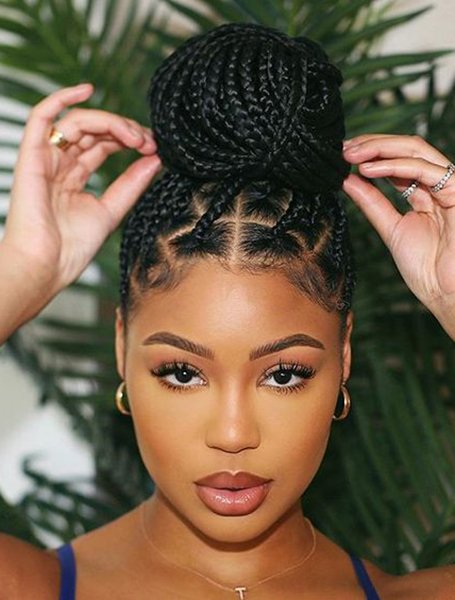Lemon juice in hair care products can be beneficial, but it should be used in moderation. The acidity of lemon juice can cause a number of side effects, including damage to the hair’s cuticle layer. In addition, overuse of lemon juice on hair can result in Phytophotodermatitis. To minimize the potential damage of lemon juice on hair and scalp, dilute the juice with water to a desired concentration.
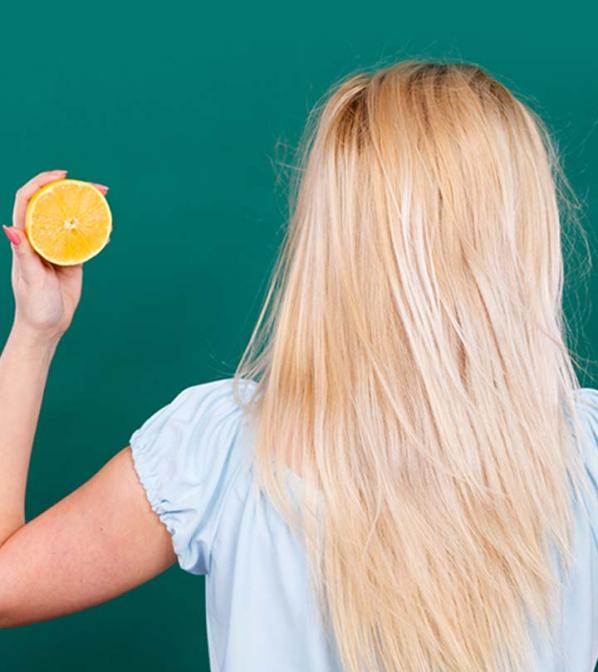
Acidity of lemon juice degrades cuticle layer of Hair
Lemons are a popular remedy for dandruff and other scalp problems, but you should know that lemon juice can cause more harm than good. The acidity can damage hair strands and lead to acne breakouts. The acid in lemons can also make your hair dry and brittle. Luckily, you can avoid this issue by mixing lemon juice with henna. This herbal remedy contains vitamins, minerals and plant compounds that help revitalize and condition your Hair.
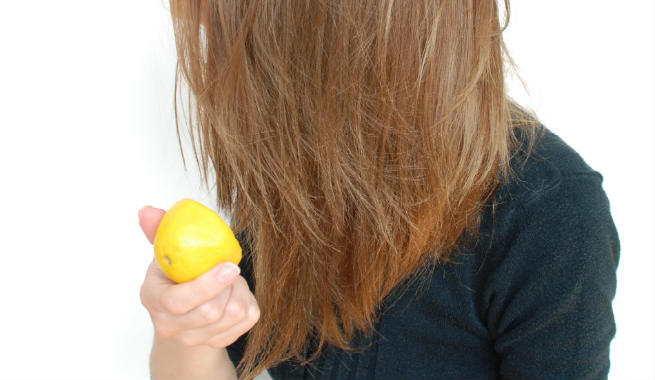
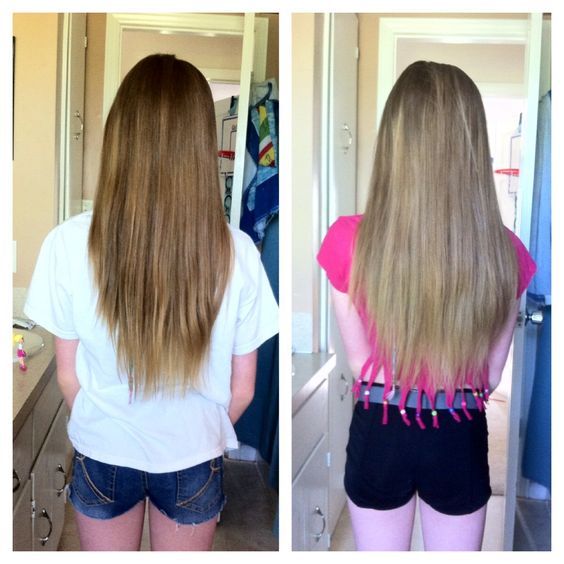
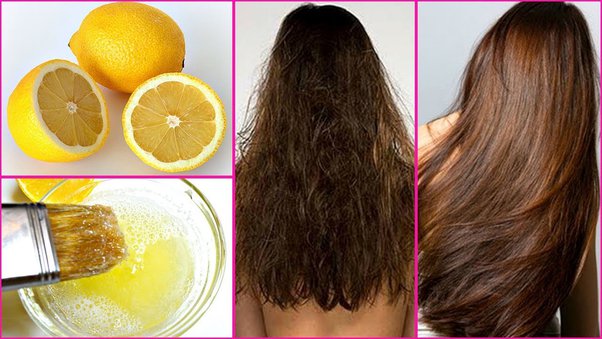
Lemons contain citric acid, a weak oxidizing agent that removes pigment in hair. This acid is activated by sunlight and oxygen, and it breaks down the pigment in Hair. In addition to citric acid, lemons also contain ascorbic acid, which contributes to the overall acidity of lemon juice. This acid degrades hair dye molecules by removing them from the cortex. It is important to note that citric acid has a pH level of 2.0-2.6, which is lower than the pH level of hair.
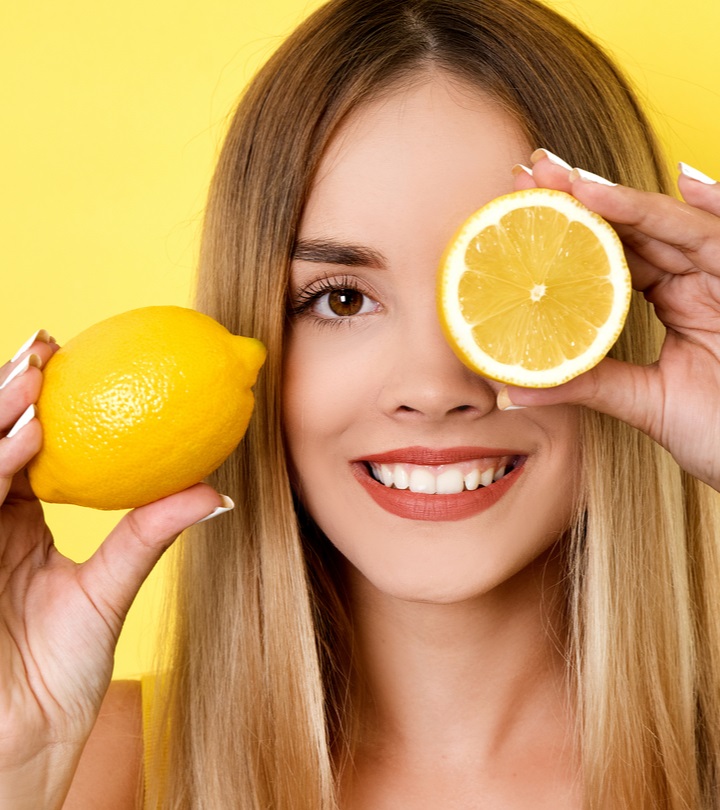
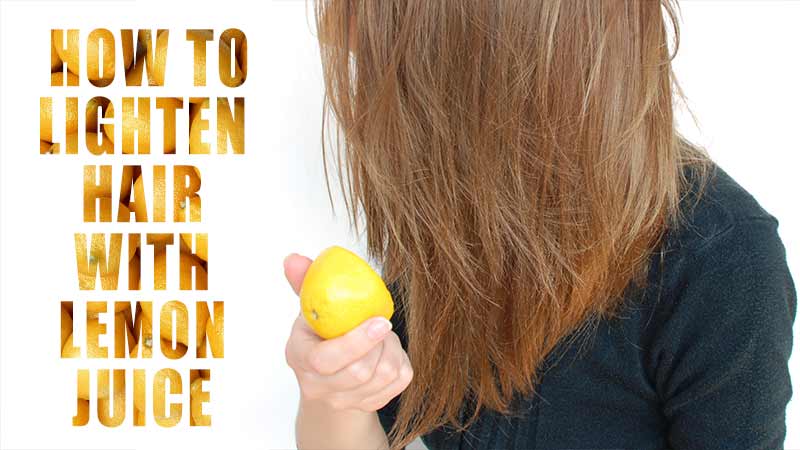
Lemon juice is also known to cause permanent changes in hair color. The acidity in lemon juice breaks down the pigments in the Hair, making it appear dull and lifeless. Furthermore, lemon juice damages the cuticle layer of the hair, which makes it more vulnerable to damage from environmental factors.
Effects of lemon juice on hair color
Lemon juice has several benefits for hair, but you must remember that it can damage the hair if you use it regularly. The citric acid in the lemon peel strips the keratin layer off the hair. This removes essential protein and exposes the hair strands, leaving them dry and dull. Also, lemon juice can cause your hair to lose its shine.
To make lemon juice, cut a lemon in half and squeeze out the juice using a lemon squeezer or any other tool. Do not use store-bought lemon juice, because it contains chemicals, sugars, and additives. Using store-bought lemon juice will not lighten your hair and can even cause damage. Using a lemon juice spray on your hair, however, is a good way to apply the lemon’s ingredients without harming your hair. Just be sure that you use a bottle made of the most comfortable material.
Lemon juice highlights are great for lightening dark brown or black hair, but there are a few caveats. First, it doesn’t work as well on darker hair colors. The acidic pH of lemon juice prevents the dye molecules from reaching the cortex. This means that you’ll have to apply several times to get the desired color.
Lemon juice can also remove unwanted minerals from your hair. It can also cause your hair to appear dull and dry. In addition, lemon juice contains citric acid, which is a natural bleaching agent. It will lighten your hair but won’t change the color permanently. Lemon juice also contains harmful chemicals that can damage your hair.
Lemon juice is a common ingredient in many DIY hair color treatments. However, if you’re using it to remove henna, be sure to dilute the lemon juice with distilled water. You may also experience skin irritation afterward. It’s a good idea to consult a hair color professional before using lemon juice on your hair.
One of the most popular effects of lemon juice on hair is a slight lightening effect. Lemon juice contains citric acid, which reacts with UV rays from the sun, oxidizing melanin in the hair. Depending on your hair color, you may notice some effect right away or see noticeable results after three or four applications.
As an added bonus, lemon juice can also help to reduce various scalp problems, such as excessive oil secretion and dandruff. Additionally, it contains vitamin C, which is great for strengthening the hair. You may even want to consider using lemon juice as a conditioner after applying it to your hair.
Phytophotodermatitis caused by excessive use of lemon juice on hair
Although phytophotodermatitis is usually not serious, it is important to visit your doctor if the symptoms last longer than 24 hours or if they recur. Symptoms include redness and swelling. There may also be pruritus and pain. Treatments include a cold compress and an oral antihistamine. Daily use of silver sulfadiazine is also helpful in treating burns.
Phytophotodermatitis is caused by the interaction of furocoumarin-containing plant material with UV light. Symptoms begin as erythema, and within a day or two, blisters begin to form. Over the next several weeks, increased pigmentation develops on the affected areas. These changes may last for months or years. The pigmentation changes can be streaky, linear, or asymmetrical.
The exposure of the skin to certain chemicals in plants, such as lemon juice, can lead to phytophotodermatitis. Its symptoms include blisters, redness, and inflammation of the skin. Home remedies for this condition may include corticosteroids, antihistamines, and topical steroids.
This type of phototoxic reaction results in blisters, erythema, and delayed hyperpigmentation. The symptoms of phytophotodermatitis differ depending on the plant. Some people are prone to the condition due to work with plants or recreational activities. People who have an occupation that exposes them to UV rays should also be aware of the potential for a reaction.
If you use lemon juice on your scalp or hair, make sure to use a protective sunscreen or hair conditioner. Lemon juice contains citric acid, which can make your skin more sensitive to the sun’s rays. Besides causing skin irritation, lemon juice can also lead to hyperpigmentation and even skin cell death.
Lemon juice is known to have antifungal and antibacterial properties. It also improves the condition of the scalp by restoring the pH balance in the scalp. It also unclogs hair follicles and prevents the growth of unwanted bacteria. Lemon juice can also help lighten hair naturally. It is most effective on lighter-colored hair. It is important to note that lemon juice can cause contact dermatitis if applied topically. Always test on a small patch of skin before applying it on the scalp.

